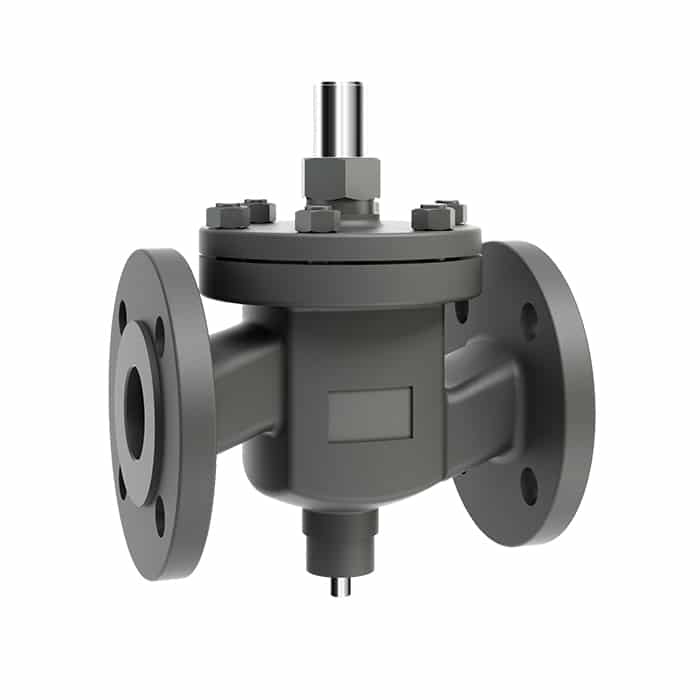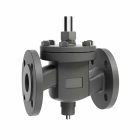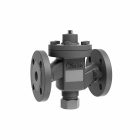
Valves
H2FR 2-way Control Valve
The Clorius H2FR 2-way control valve is mainly intended for the control of cooling systems. The H2FR valves are used in conjunction with temperature or pressure differential regulators for controlling industrial processes or cooling systems. As the reverse acting valves are held in a closed position using a built-in spring, the max. differential pressure, ΔpL, against which a valve can close depends on the spring. When opening the valve, the actuator has to overcome the spring force. The table in the datasheet shows max. allowable values of ΔpL as well as the max. allowable inlet pressures for opening the valves, p1max, for various actuator forces.
| Materials | Cast Steel GP240GH N (1.0619) |
|---|---|
| Sizes | DN20...DN80 |
| Min. Temperature | -40ºC |
| Max. Temperature | 350ºC |
| Leakage rate | ≤ 0.5% of Kvs |
| Regulating capability | Kvs/Kvr > 25 |
The Clorius H2FR 2-way control valve is mainly intended for the control of cooling systems. The H2FR valves are used in conjunction with temperature or pressure differential regulators for controlling industrial processes or cooling systems. As the reverse acting valves are held in a closed position using a built-in spring, the max. differential pressure, ΔpL, against which a valve can close depends on the spring. When opening the valve, the actuator has to overcome the spring force. The table in the datasheet shows max. allowable values of ΔpL as well as the max. allowable inlet pressures for opening the valves, p1max, for various actuator forces.
Design
The valve components – spindle, seat and cone – are made of stainless steel. The valve body is made of cast steel GP240GH (GS-C25) with flanges drilled according to EN 1092-1. The thread for the actuator connection is G1B ISO 228. The valves are double-seated. The leakage rate is less than 0.5% of the full flow (according to VDI/VDE 2174).
Reverse acting
Without an actuator being connected, the valve is held in a closed position using a spring. With pressure on the spindle, the valve opens. In connection with our actuators, the valves act as “cooling” valves, i.e. they open at rising temperatures. The quadratic characteristic will not cease until the flow has dropped below 4% of the full flow.
Request an offer
RECEIVE A QUOTE WITHIN 3 HOURS ON BUSINESS DAYS
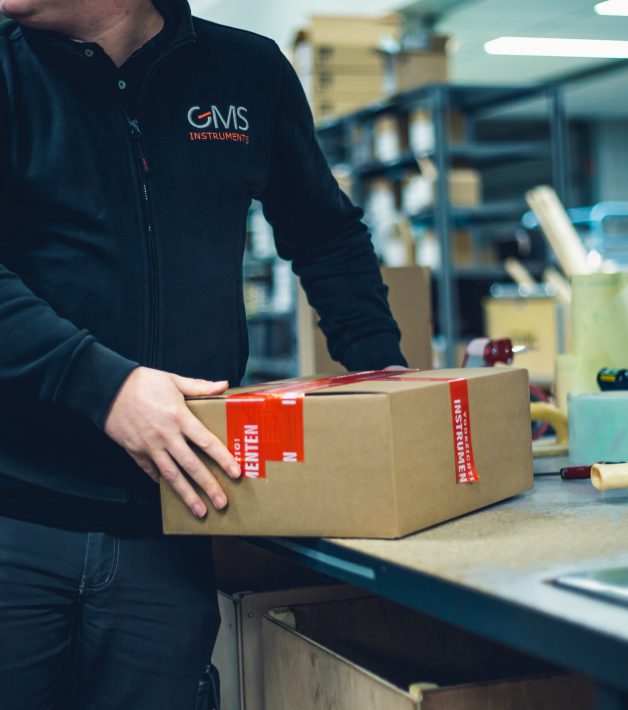
Want more information?
Get in touch with Bart our Clorius specialist
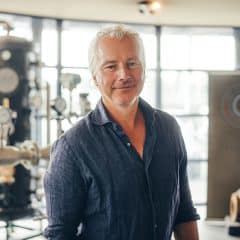
Bart de Haan
Commercial Director Europe

Product catalog
- Download our product catalog
- Download

